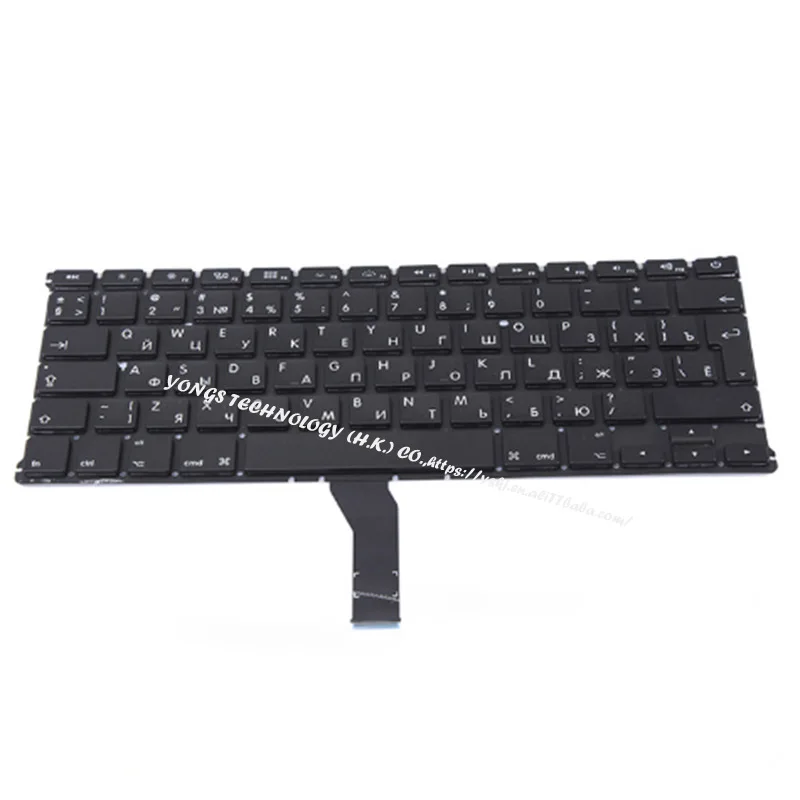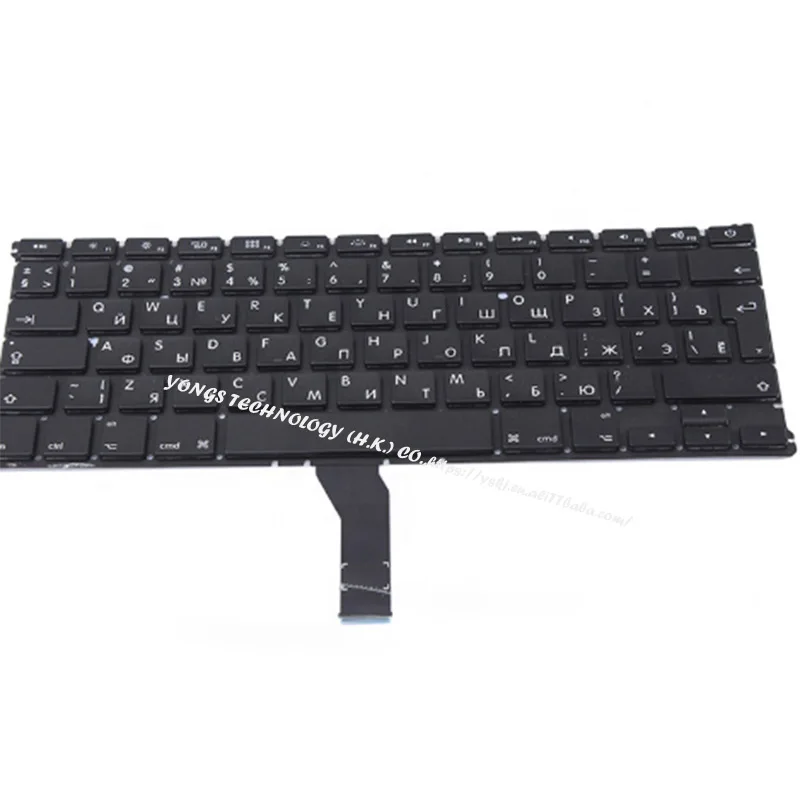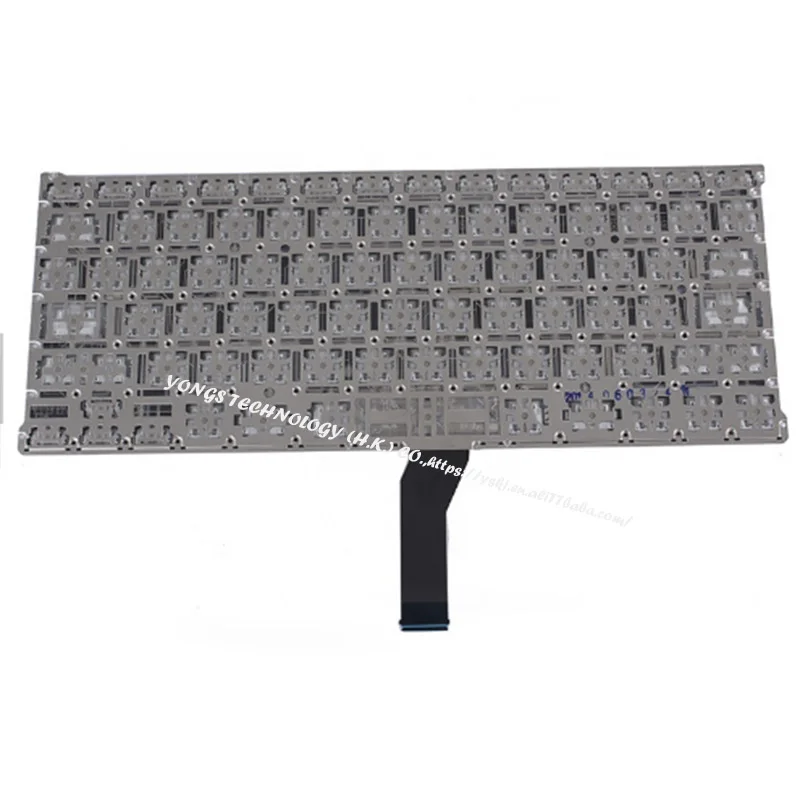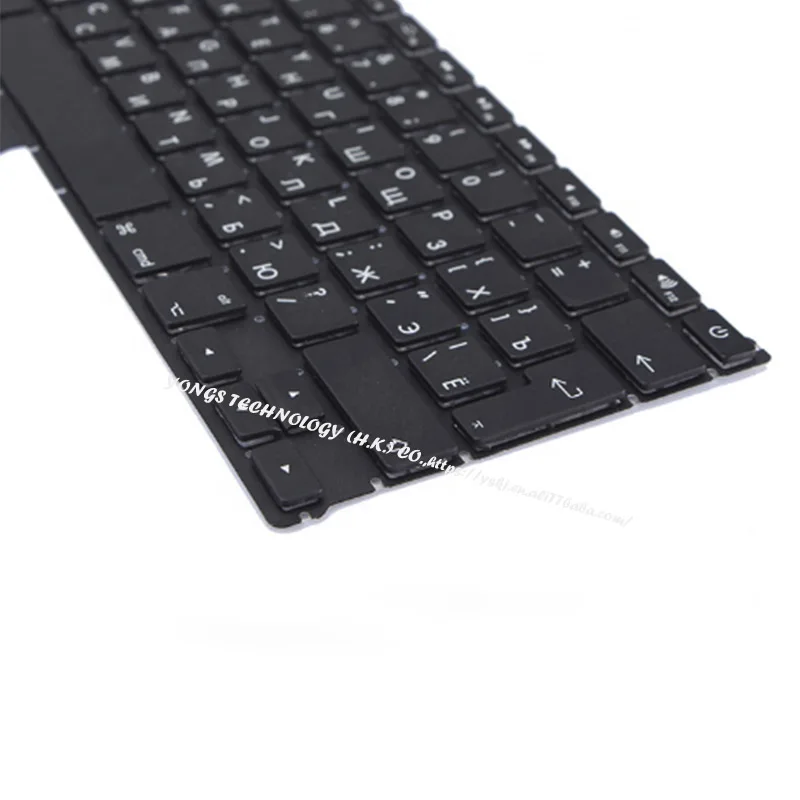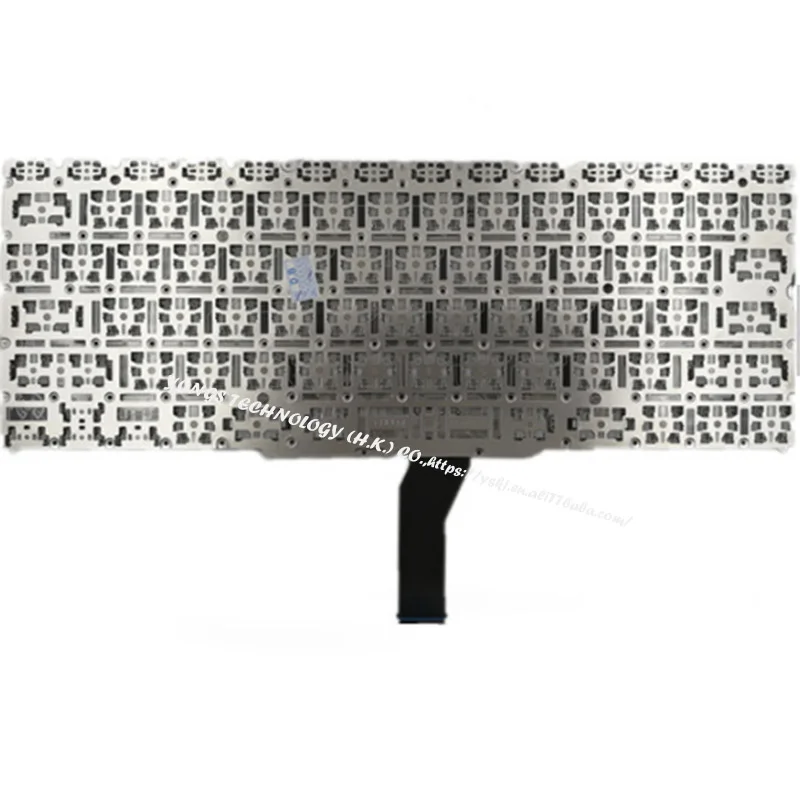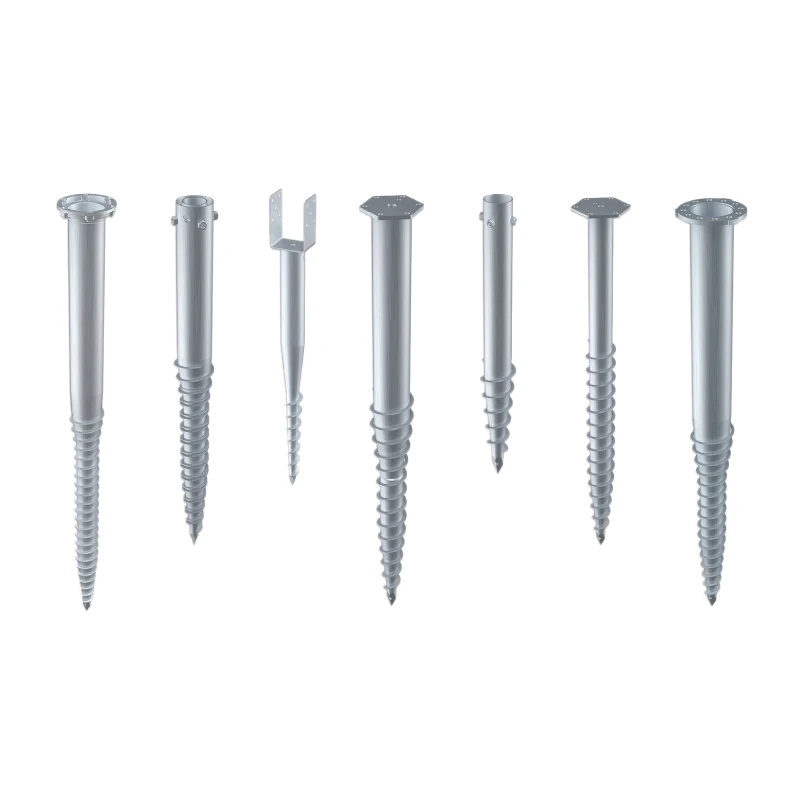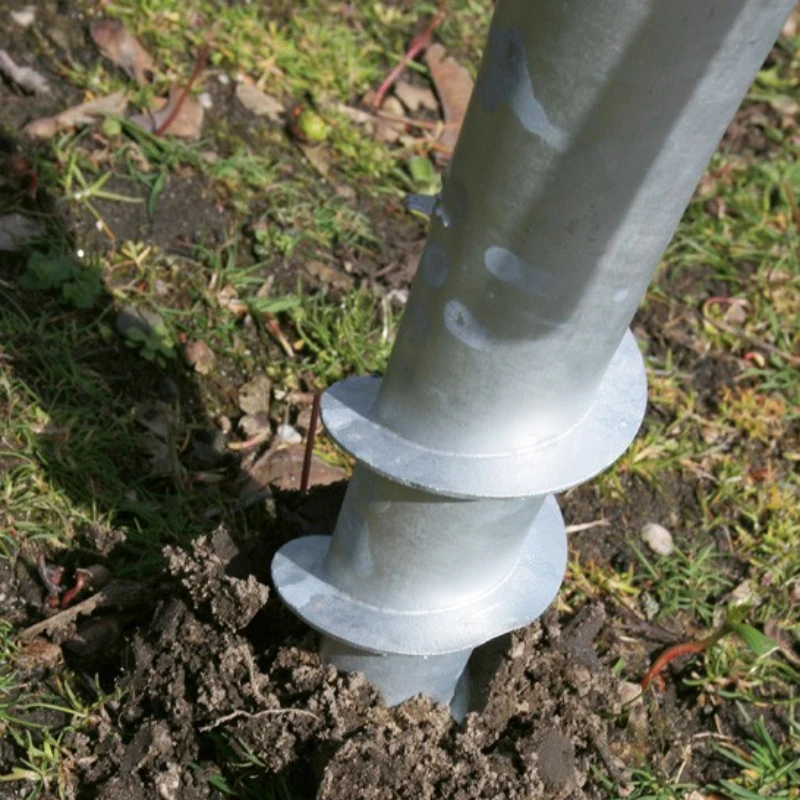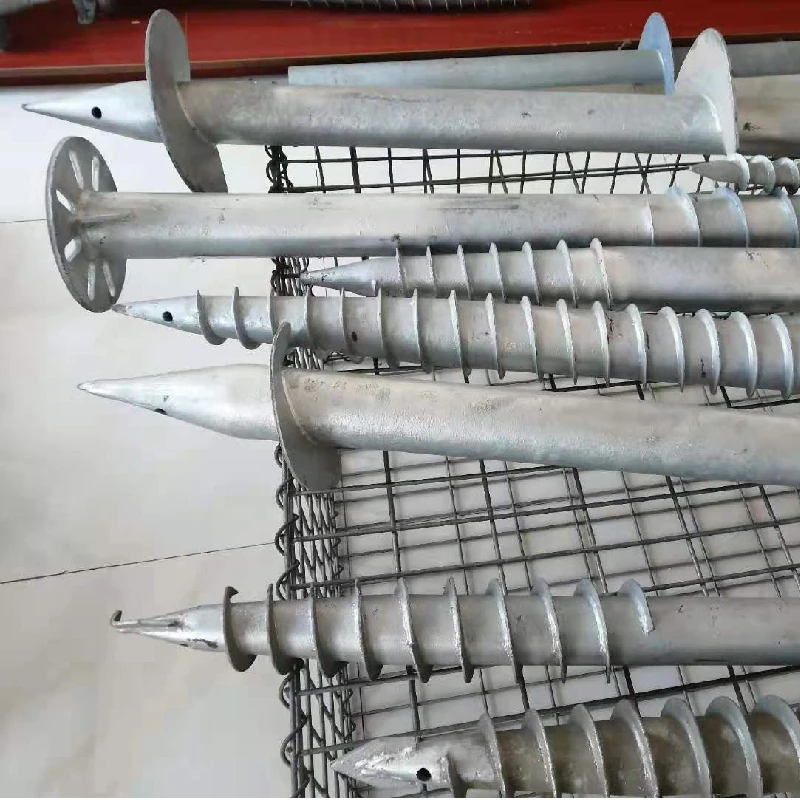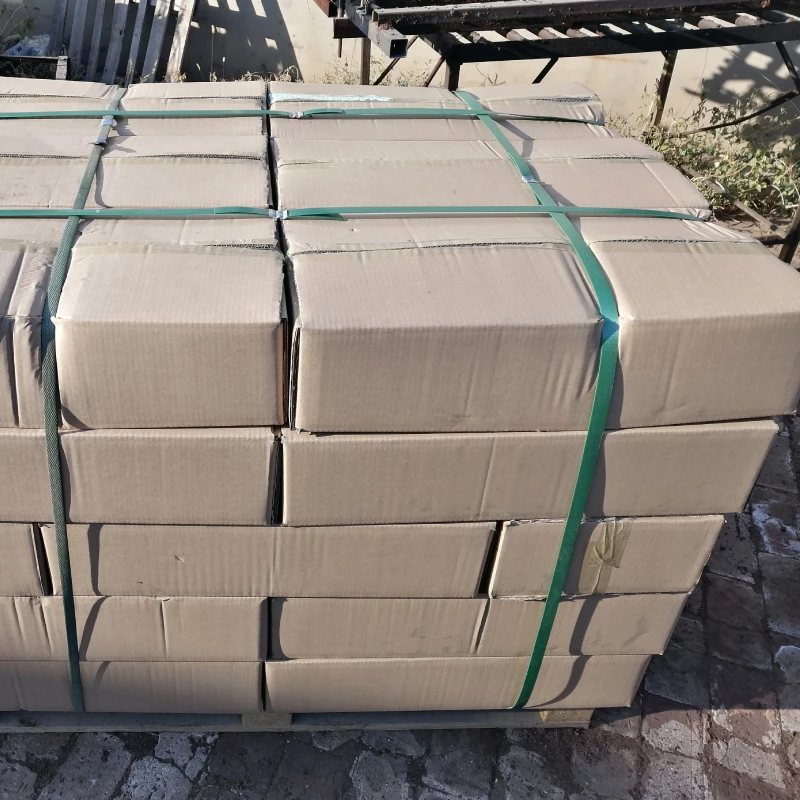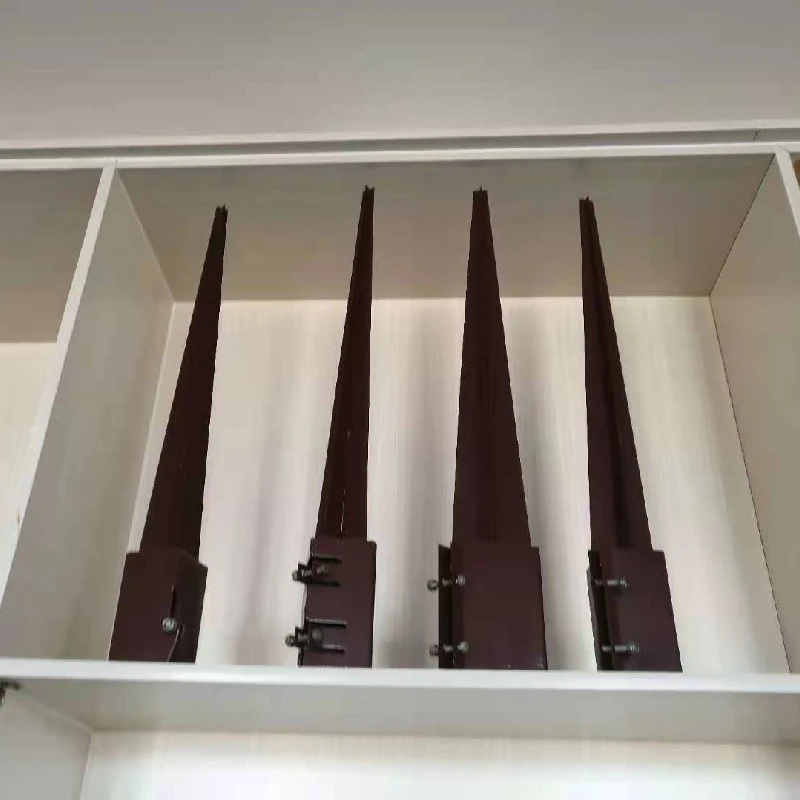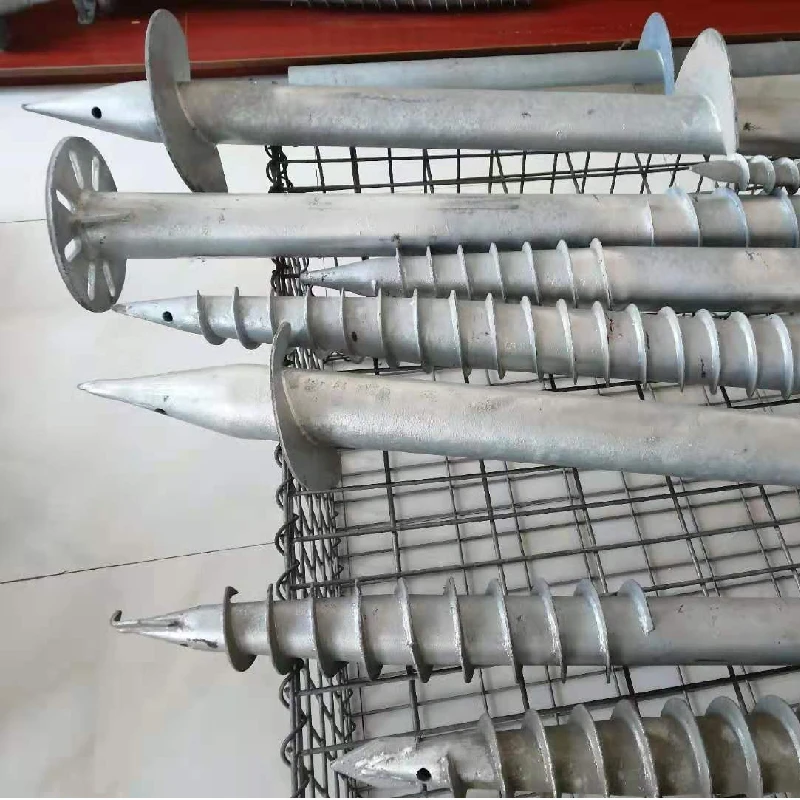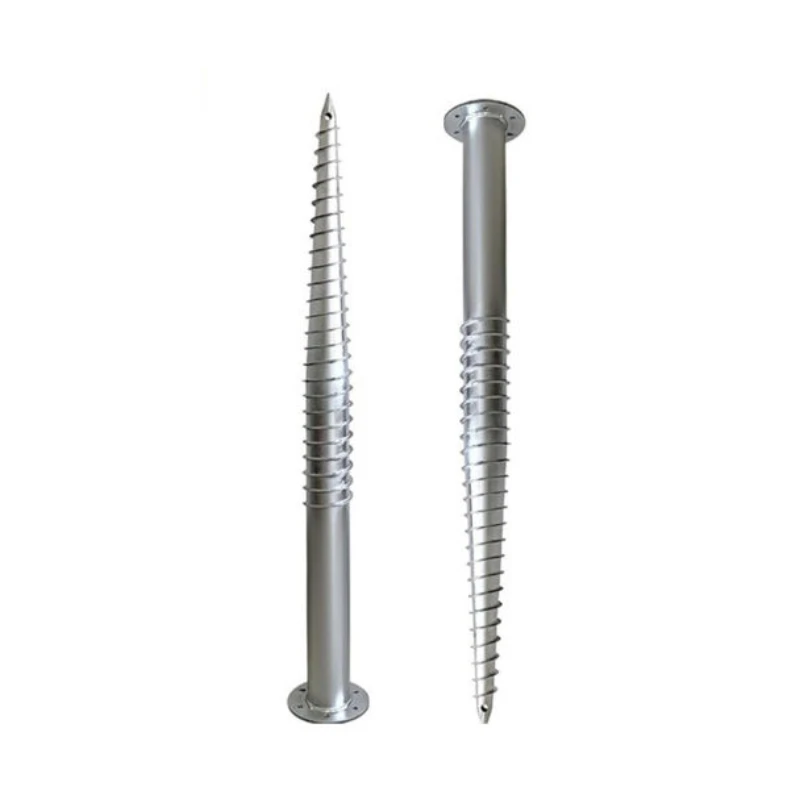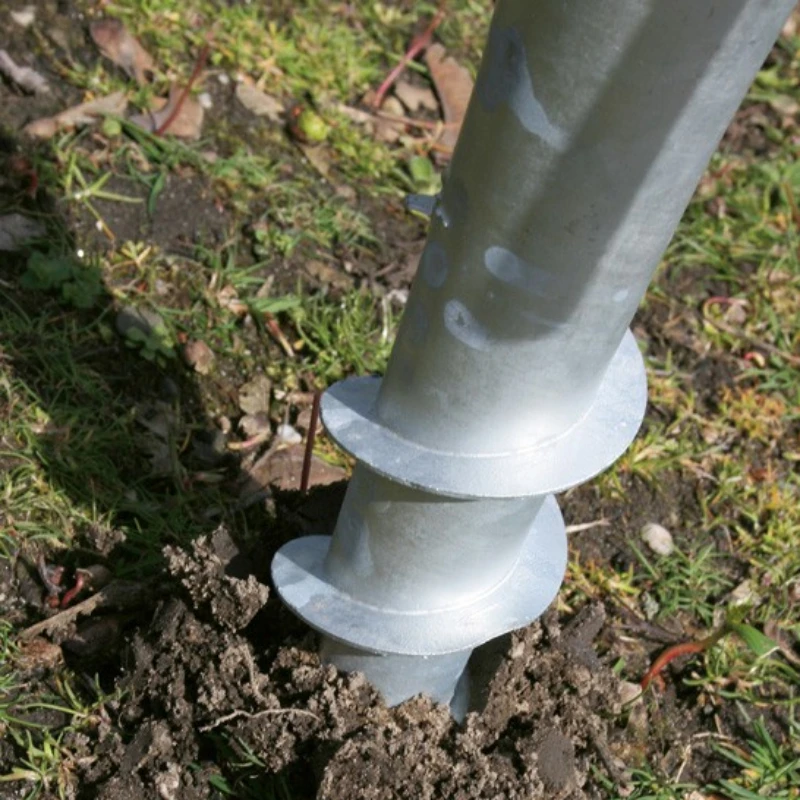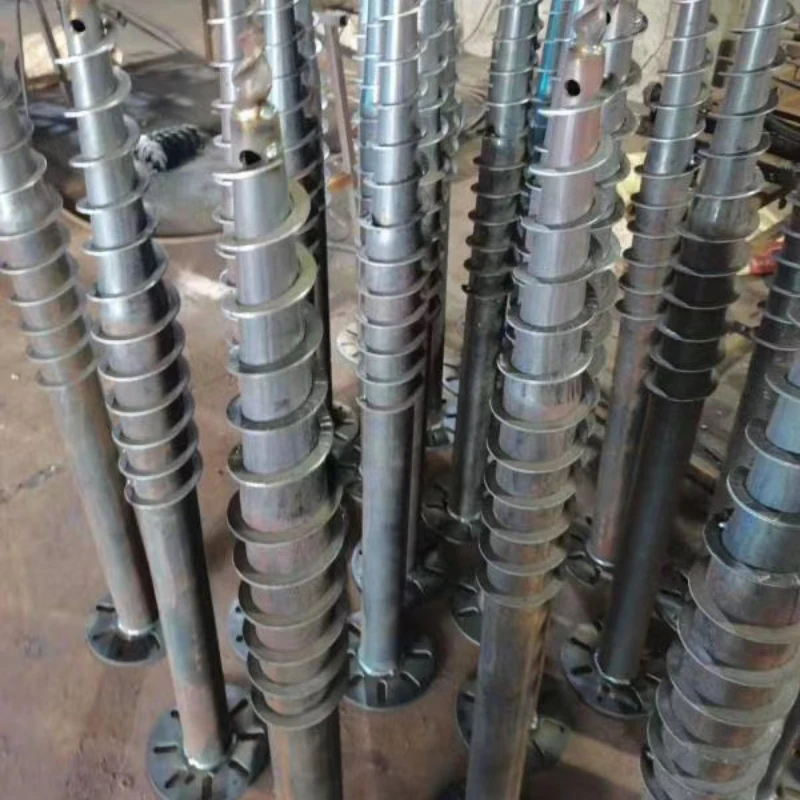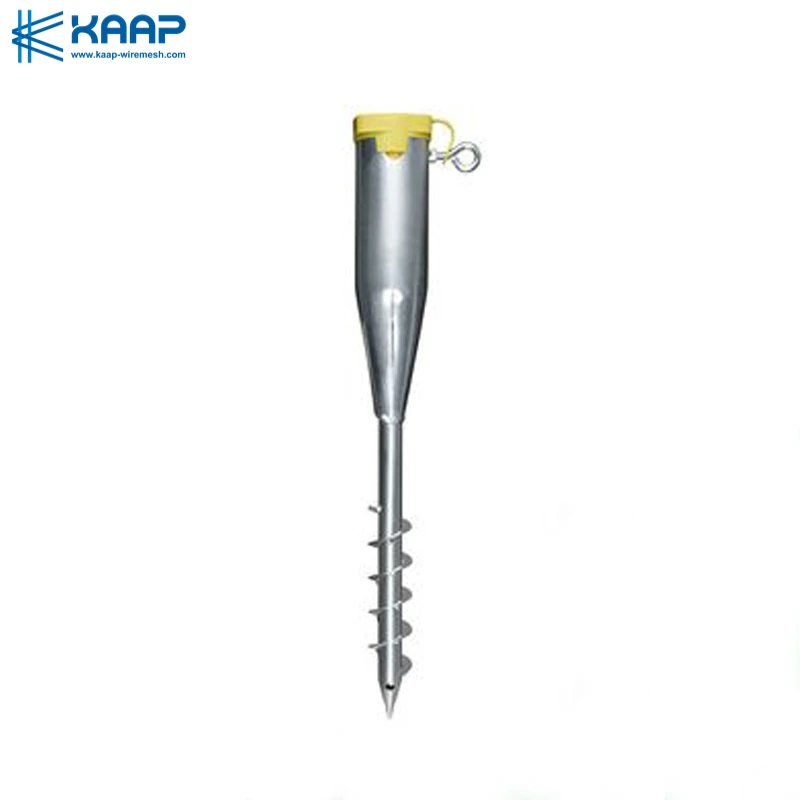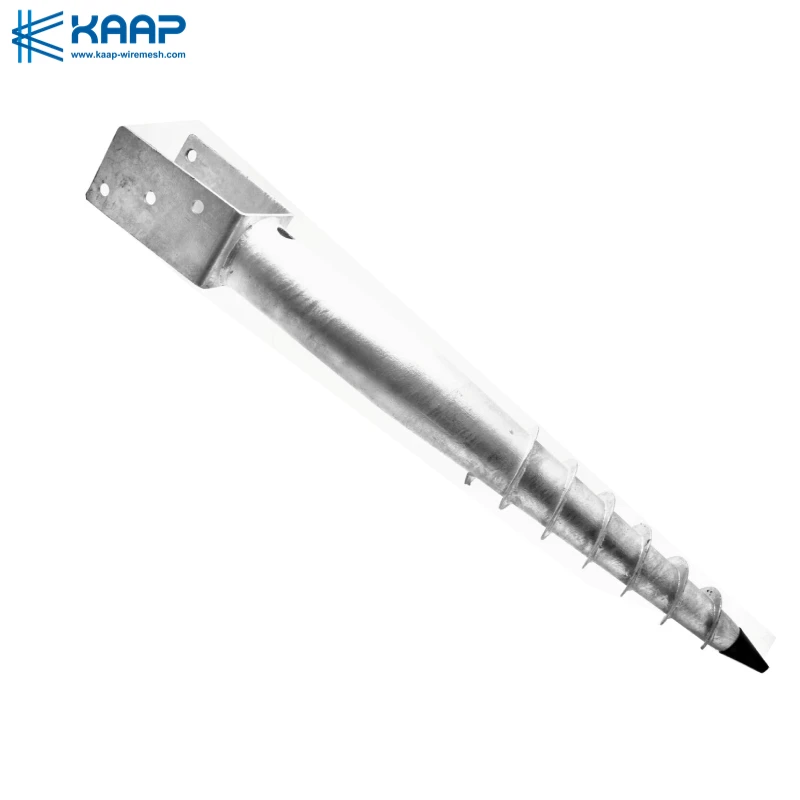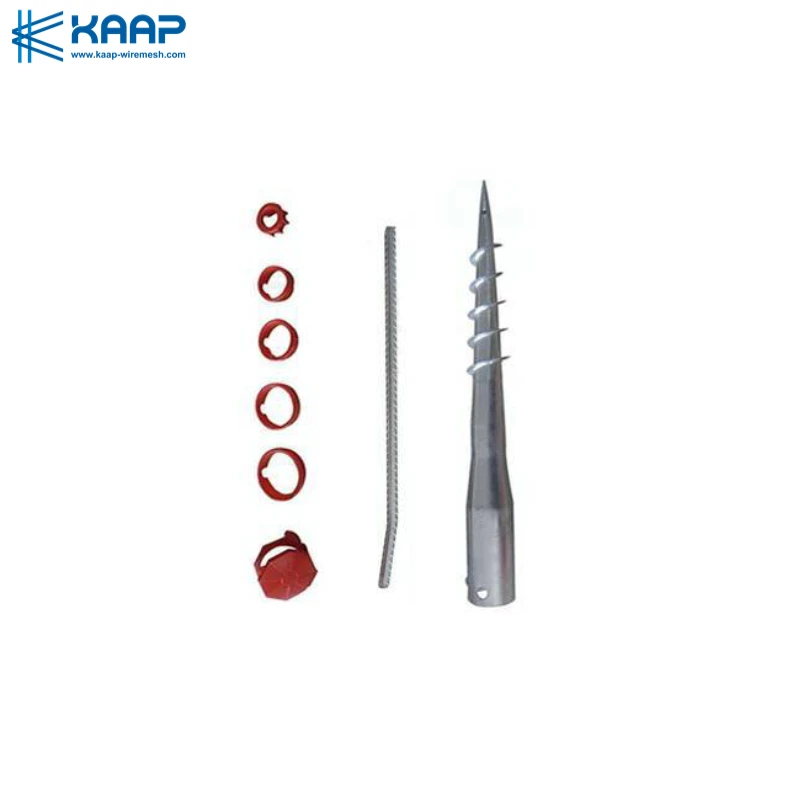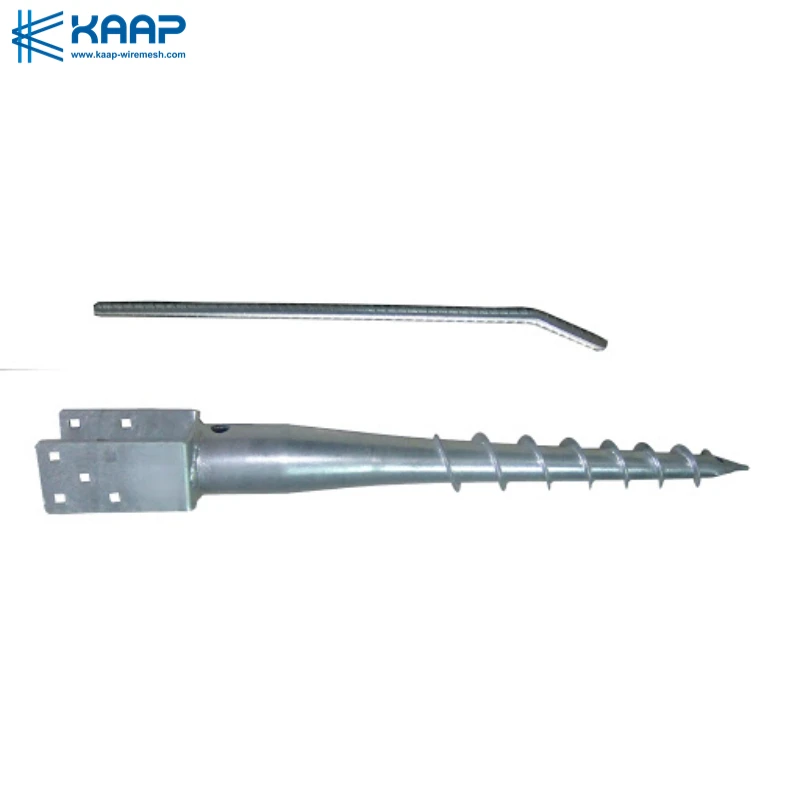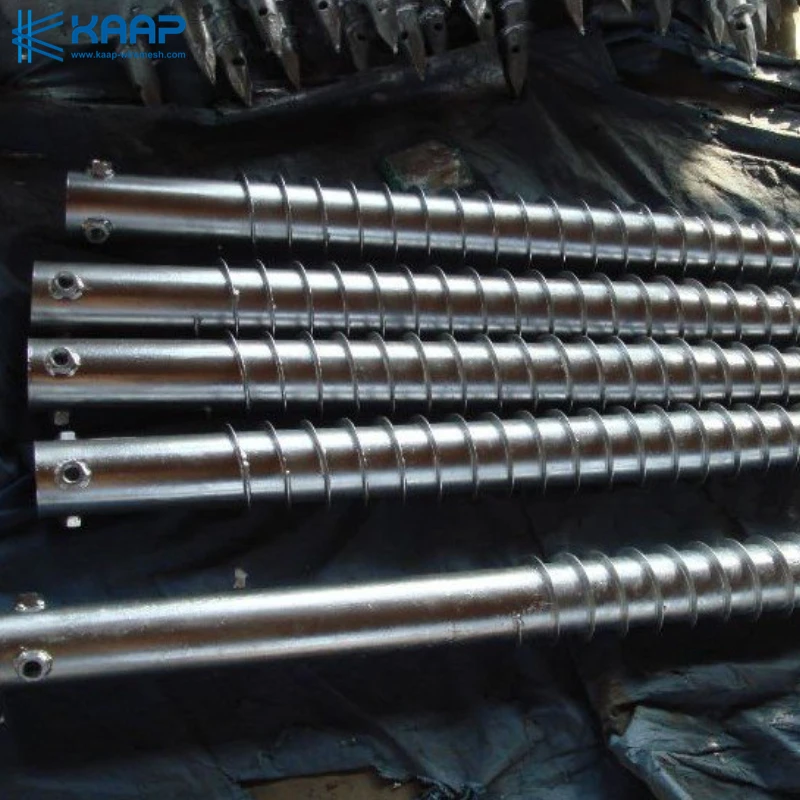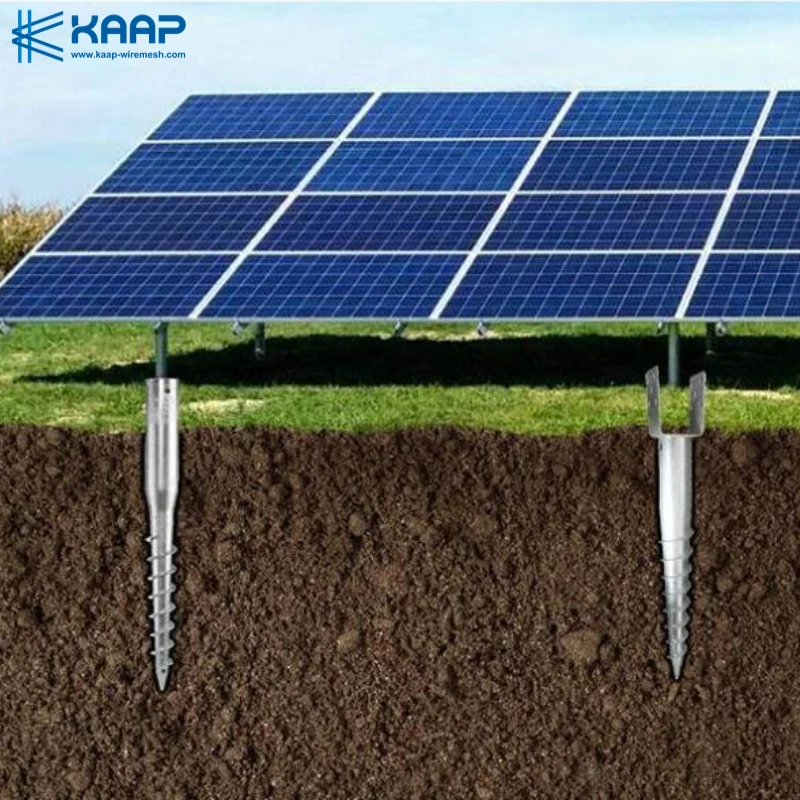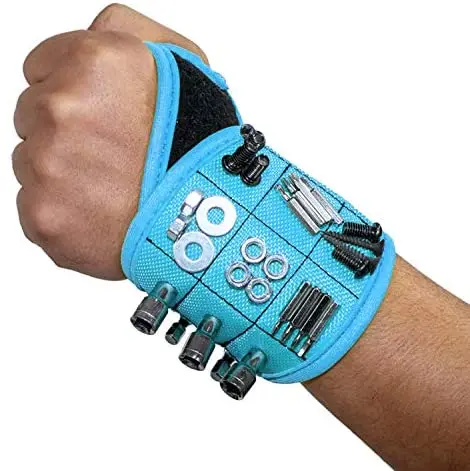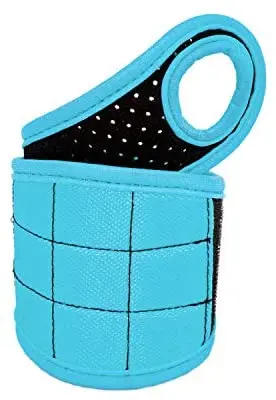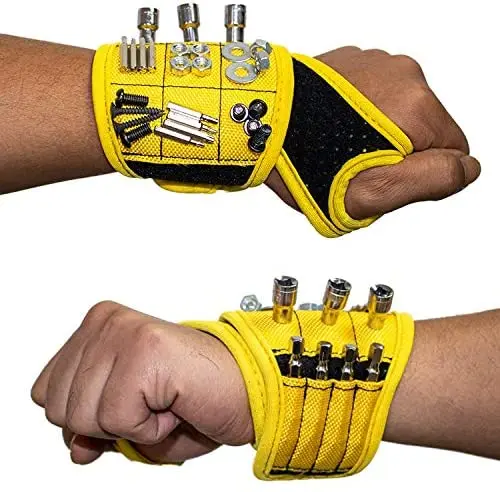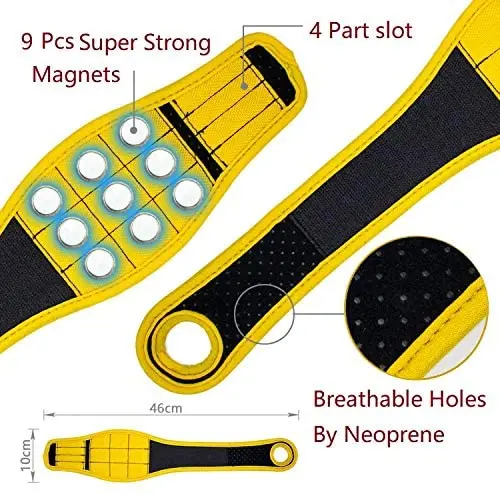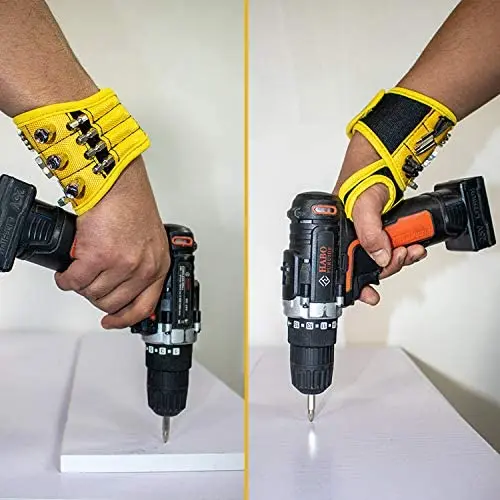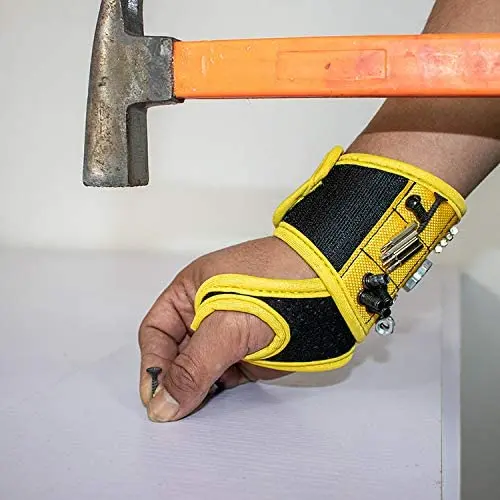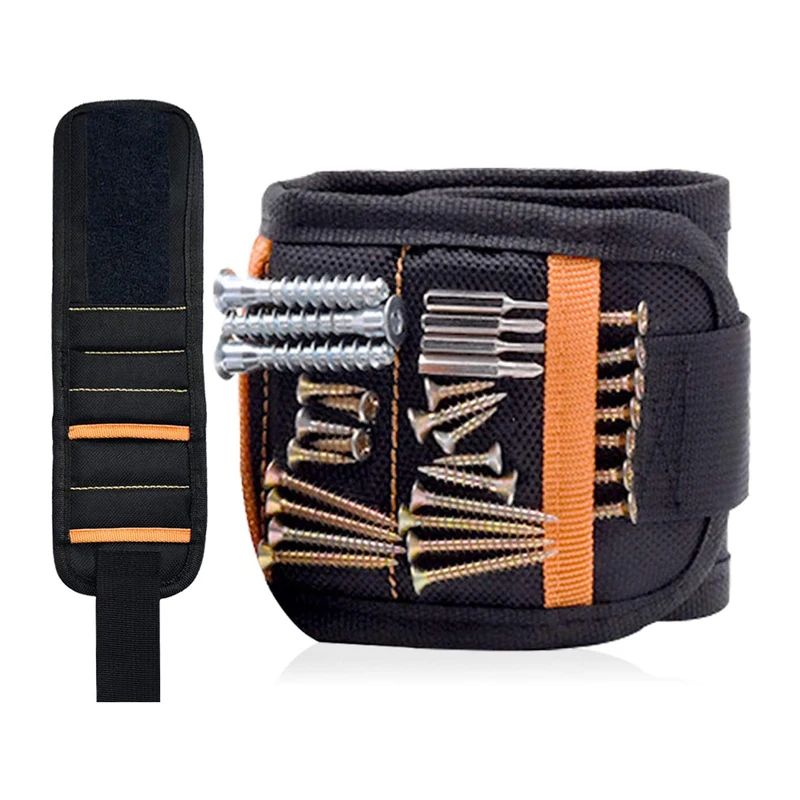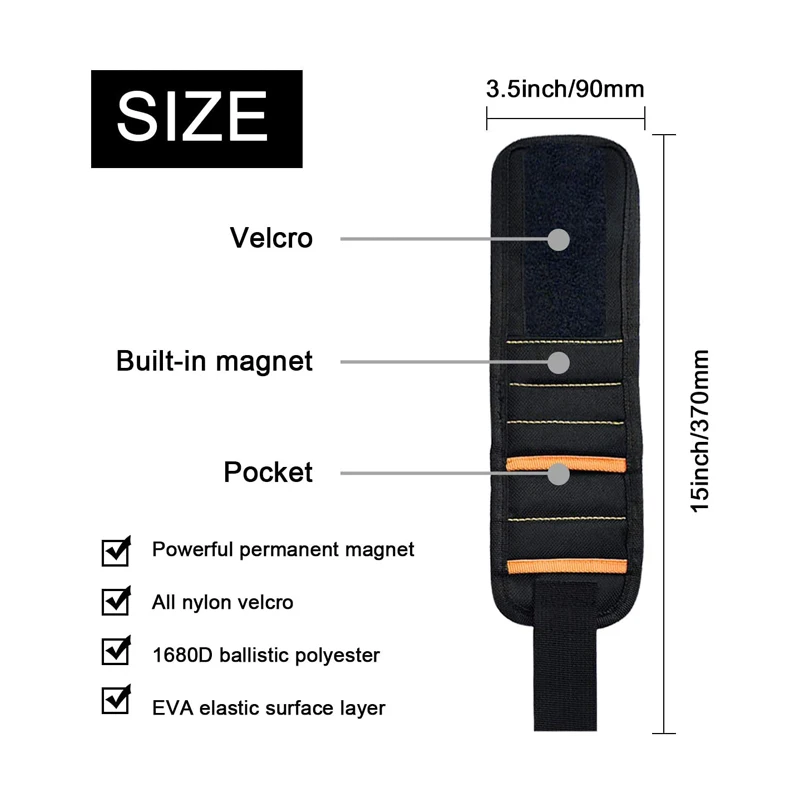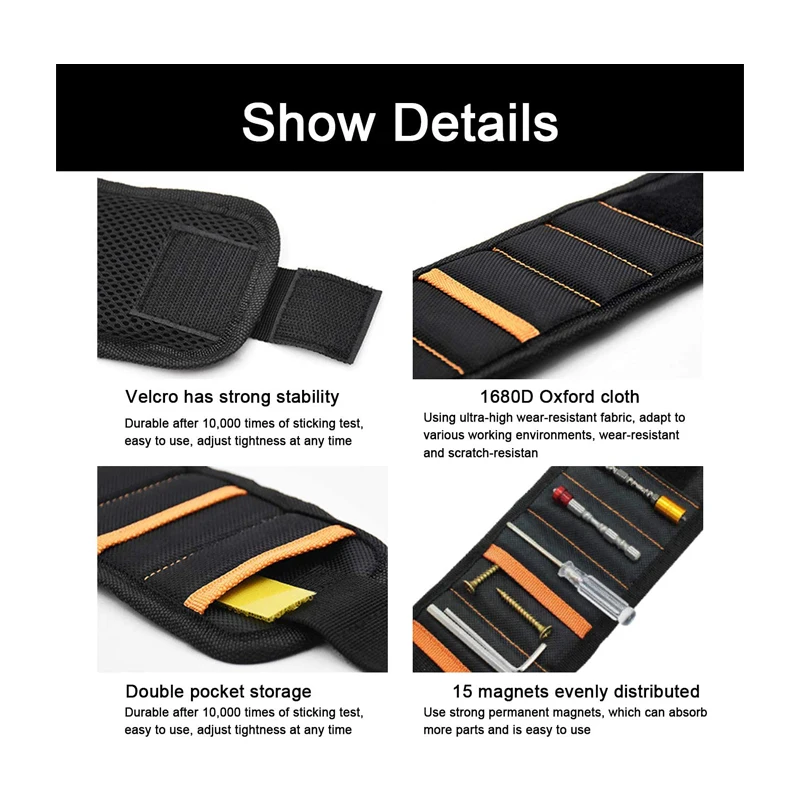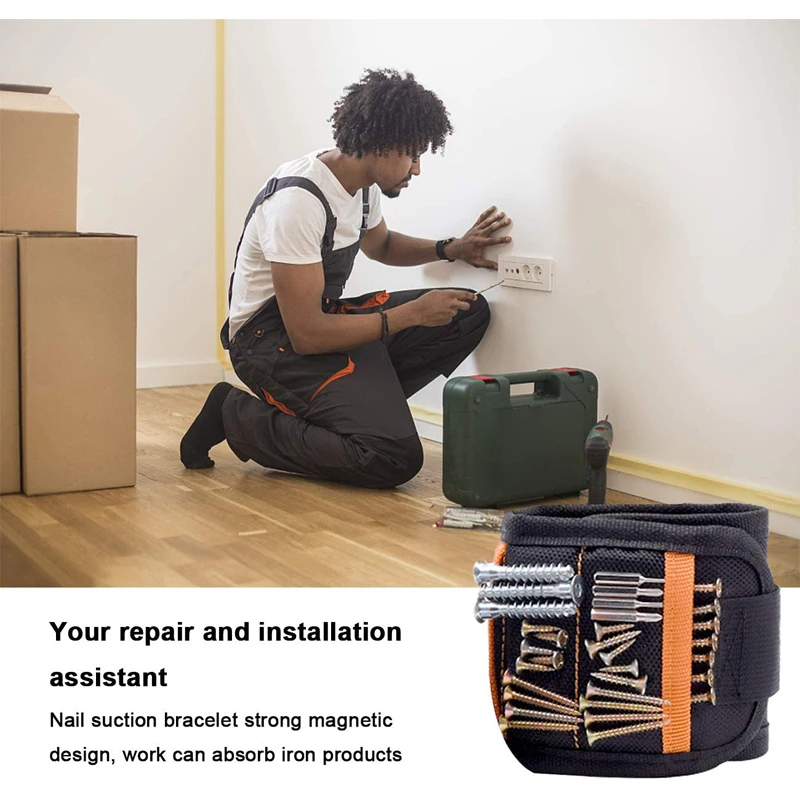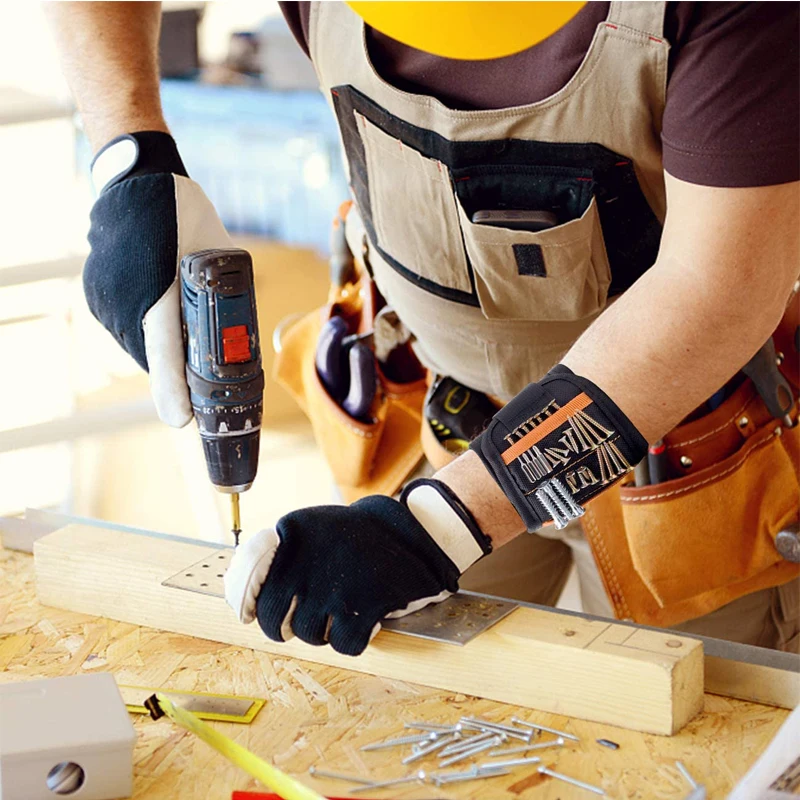The Ultimate Guide to Choosing and Using Screws for Your Projects
Screws are one of the most essential fasteners in construction, woodworking, and DIY projects. Whether you're a professional or a hobbyist, understanding the different types, functions, and applications of screws can make your work easier and more efficient. In this guide, we'll cover everything from buying reliable screws from China to selecting the right type for your project.
How to Find Reliable Screws from China in 2025
China is a major supplier of screws, offering a wide range of options at competitive prices. To find reliable suppliers, look for manufacturers with certifications like ISO 9001, which ensures quality control. Platforms like Alibaba and Made-in-China are great places to start. Always request samples before placing bulk orders to verify quality.
What Buyers Should Know Before Buying Screws from China
When purchasing screws from China, consider factors like material, coating, and threading. Stainless steel screws are durable and resistant to corrosion, while zinc-plated screws are more affordable. Check the supplier's reputation and read customer reviews to avoid scams.
Types of Screws
There are numerous types of screws, each designed for specific applications. Common types include:
- Wood screws: Designed for wood, with coarse threads for better grip.
- Machine screws: Used with nuts or tapped holes, often in metal applications.
- Sheet metal screws: Sharp threads for piercing metal sheets.
- Drywall screws: Bugle-shaped heads to prevent paper tearing.
Functions and Features of Screws
Screws serve various functions, from joining materials to providing adjustable tension. Key features include:
- Thread type: Coarse for soft materials, fine for hard materials.
- Head shape: Flat, pan, or hex for different tools.
- Drive type: Phillips, slotted, or Torx for varying torque needs.
Scenarios of Screws
Screws are used in countless scenarios, such as:
- Construction: Framing, drywall, and roofing.
- Furniture: Assembling tables, chairs, and cabinets.
- Electronics: Securing components in devices.
How to Choose Screws
Selecting the right screw involves considering:
- Material: Match the screw material to the project (e.g., stainless steel for outdoor use).
- Size: Length and diameter should fit the application.
- Environment: Corrosion-resistant screws for damp areas.
Screws Q & A
Q: What’s the difference between wood screws and machine screws?
A: Wood screws have coarse threads for gripping wood, while machine screws have uniform threading for use with nuts.
Q: How do I prevent screws from rusting?
A: Use stainless steel or coated screws, and avoid exposing them to moisture.
Q: Can I reuse screws?
A: Yes, but inspect them for wear or damage first.
Q: What’s the best screw for outdoor furniture?
A: Stainless steel or galvanized screws are ideal for outdoor use.
Q: How do I remove a stripped screw?
A: Use a rubber band for grip or a screw extractor tool.























